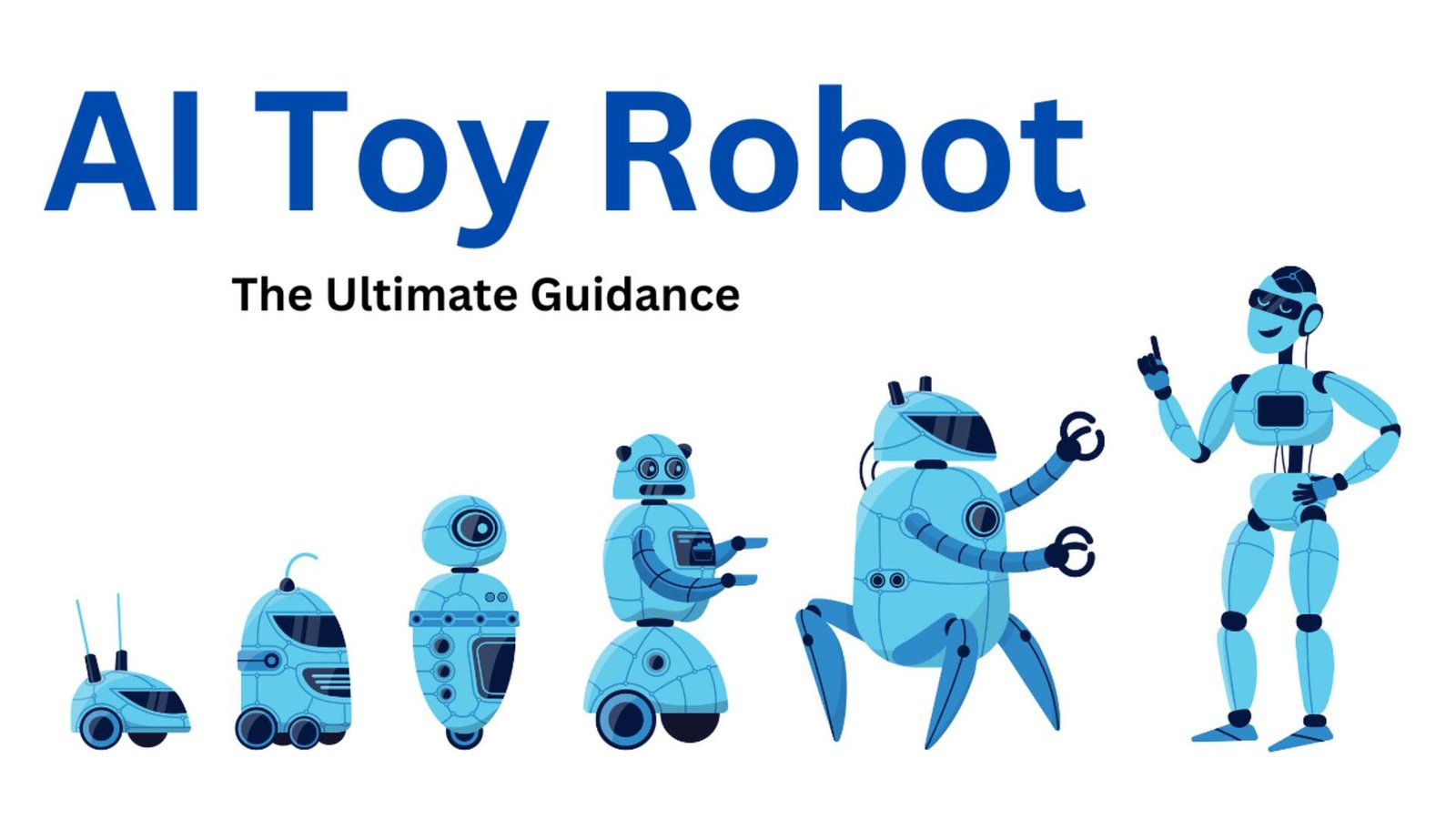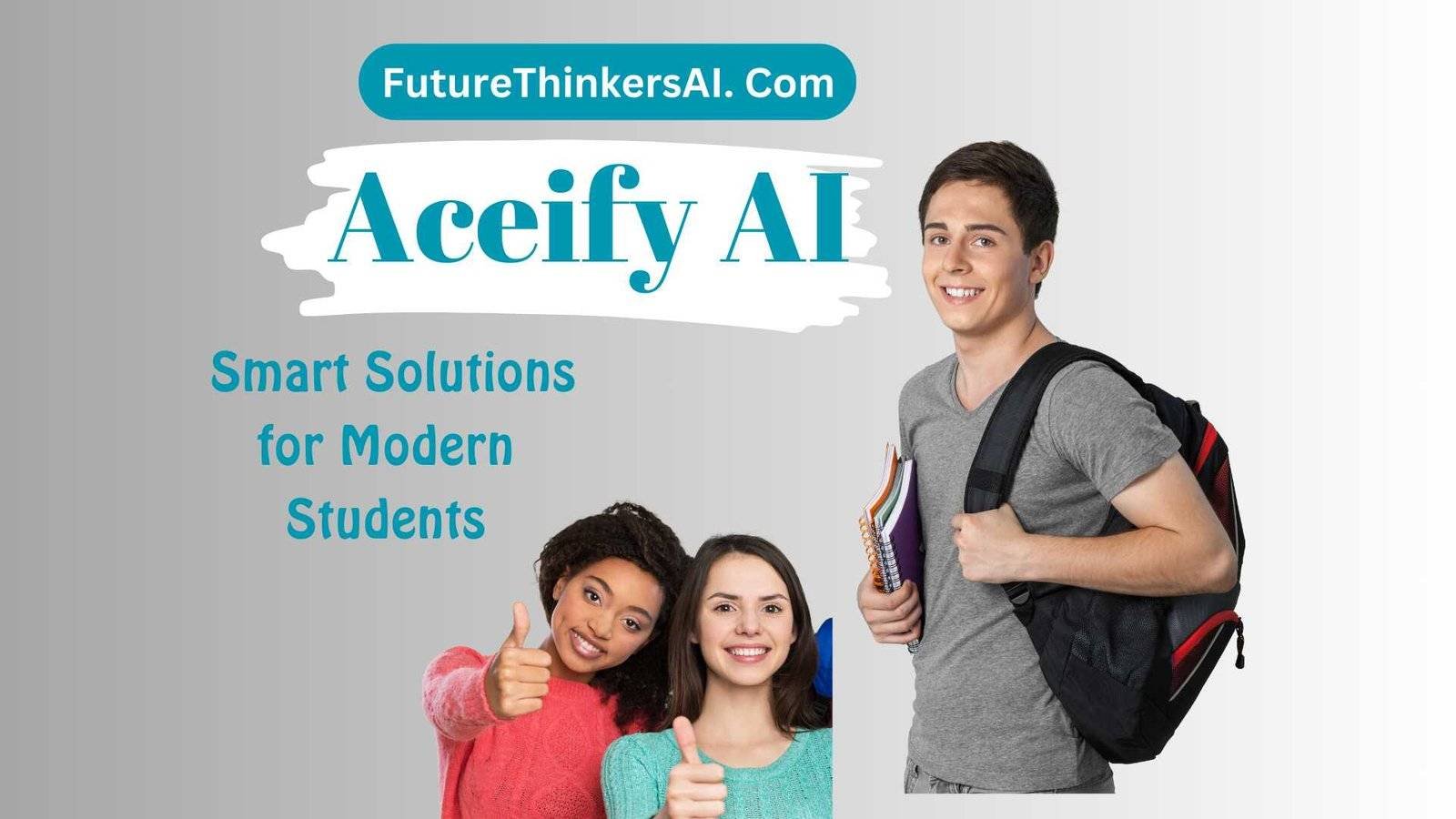Can AI defeat humans?
“Artificial intelligence is the new electricity.” – Andrew Ng.
Can AI defeat humans? Is AI better than humans? AI vs Humans Is AI smarter than humans? Today is the era of artificial intelligence; it is becoming more and more useful and admiring thing in the world. AI is used everywhere in the world. Human intelligence is considered one of the most powerful creation/evolution as compared to other animals or related to having the ability of intelligence. But at the end of the 19th century and the start of the 20th century another more powerful and intelligent thing named artificial intelligence. The term artificial intelligence was used first time by John McCarthy in 1956. AI is becoming more and wider in the world from fictional AI characters like JARVIS to real-life Chat GPT. AI is the most powerful invention of human intelligence. Is it possible that AI replace humans? Or defeat the human? Will be explaining in this blog about Can AI defeat humans?, so let’s start!
Can AI defeat humans?
Who created AI?
In 1950, Alan Turing—the founder of modern science—introduced the idea of artificial intelligence with the “turning test,” a quiz. Claude Shannon, Nathaniel Rochester, John McCarthy, and Marvin Minsky first used the phrase “artificial intelligence” in 1955 at the Dartmouth Conference. A common reference to John McCarthy as one of the fathers of AI is this. In 1955, the first robotic game was launched, which was a rather corny game that played itself.

Can AI become self-aware?
Self-awareness means the ability to its thoughts, sensations, feelings, and emotions. There are two parts of self-awareness one is awareness as experience and the second one is awareness as self-monitoring. Awareness as experience comes when a person interacts with an environment and through experience. Awareness as monitoring is the ability of an agent to observe or diverse its feelings, thoughts, and internal state. This kind of awareness capable a man to recognize his thoughts actions and feelings. The question arises here can AI become self-aware? There is no specific information about how AI can become self-aware. AI cannot think or make its own decisions. This technology mean AI hasn’t had any self-awareness up to today date but there is no theoretical barrier to reaching self-aware. AI can become self-aware in the future, maybe there are some possibilities. As AI takes control of many things. The point to be noted is that AI can’t think critically, and does not have any feelings maybe that’s why AI does have not self-awareness and consciousness.
Deep Mind’s CEO
In an interview with CBS 60 Minutes, the CEO of DeepMind, Demis Hassabis, discussed how artificial intelligence (AI) might become aware of itself in the future. He mentioned that while philosophers are still figuring out what consciousness means, there’s a chance AI could one day understand itself. This would mean AI might have feelings, needs, and wants of its own, going beyond just understanding human emotions. Hassabis believes AI is a big deal and could be “the most important invention that humanity will ever make.”
Google’s CEO
However, Google’s CEO, Sundar Pichai, has a more careful view. He thinks AI could be harmful if not used correctly. Pichai also talked about “deepfakes,” saying there should be consequences for people who create misleading videos using this technology. Google’s CEO also said that due to the misuse of AI, AI is more harmful and dangerous.
One Elon Musk said “Mark my words AI is far more dangerous”
What are the dangers of AI?
Like everything it has advantages and also advantages AI also has many benefits by using AI, you can generate a lot of work in very little time but AI also has so many dangers and disadvantages!
JOB REPLACES:
AI can create new opportunities for people for jobs but AI also replaces the jobs of people and workers. AI can make a better performance than workers so why people will use workers then? For example, artificial intelligence (AI) may replace designers in certain situations. In the past, individuals would hire graphics designers to create eye-catching thumbnails for their YouTube videos, but with the development of AI tools, this position has also become obsolete. Instead, you can use an AI tool to create an eye-catching thumbnail for your films. Furthermore, there is little reason to retain the labor if the robot performs demonstrably better than them. A few armed services are attempting to deploy robots in combat. Since AI arrived, many jobs have been eliminated
UNFAIR DECISIONS:
AI cannot think critically and make future decisions. For AI to make its decisions the knowledge provided to it. But, what if the information it learned from the past was not fair? For example, let’s say the robot learned that certain types of people were better at certain jobs just because of where they come from or what they look like. That wouldn’t be fair, right?
HARD TO UNDERSTAND:
AI is also hard to understand for example we have a friend and we are playing a game with our fried to make rules but don’t tell to us what type of rules he makes so it will be more difficult to understand that Well, some AI systems are like that – they make decisions, but they don’t explain how or why they decided something. So it causes a lot of problems and difficulties for us.
MISS USE OF AI TOOLS:
AI tools are making to individuals work easily but some people use AI tools the blackmail other people. They change the face of one person over another by using AI tools like Reface AI and many others.
LACK OF CREATIVITY AND EMPATHY:
Using AI and AI tools it makes a person lazy and loses its own critical thinking. Decrease the creativity and empathy in humans.
PRIVACY BREACHES:
Concerns about improper use, such as illegal monitoring, identity theft, and unpleasant profiling, have arisen as a result of the ability of artificial intelligence to handle huge amounts of personal data.
AUTONOMOUS WEAPONS:
This type of weapon is without human control. Once it identifies the target it kills them without human control. But it also has some misuse use like in ethical and practical concerns. AI some difficult to distinguish between combatants and civilians accurately. Miss use is they attack non-combatants leading to a violation of international humanitarian law.

Can AI replace humans?
AI can’t fully replace the human. AI makes human work easy like AI tools which are more useful in every field. Like AI tools for writing, AI tools for video editing, AI tools for photo editing, and AI tools for health and medical. AI tools for writing and so many more make human work easier and more. AI can’t fully replace humans although it loses some jobs not for example if a human doctor makes a mistake he will not kill all humans at a time. But if there is a robotic doctor who makes a mistake it will cause a great catastrophe. On one side AI might feed some small jobs but on the other side, AI also provides some other opportunities for example the replacement of human pilots by drones has dismissed some jobs but also provided jobs in maintenance, remote control, data analysis, and cyber security. The US armed forces need 3 individuals to control the Reaper flying drone over Syria. While analyzing the resulting harvest of information 8 people
Reference: Yuval Noah Harari. (August 23, 2018) “21 lessons for the 21st century”
Conclusion (Can AI defeat humans)
Artificial Intelligence (AI) is a powerful tool created by humans that is increasingly being used in various fields. While it has many advantages, such as improving efficiency and creating new job opportunities, it also poses dangers. These include job displacement, unfair decisions, lack of transparency, misuse for blackmail, decreased creativity and empathy, privacy breaches, and autonomous weapons. AI cannot fully replace humans because it lacks critical thinking, self-awareness, and empathy. Although it can perform some tasks better than humans, it also creates new challenges and ethical concerns. The future of AI depends on how it is developed and used responsibly.
Frequently Asked Questions [FAQs]
Alan Turing introduced the idea of artificial intelligence in 1950, with the term coined by John McCarthy in 1956. Claude Shannon, Nathaniel Rochester, John McCarthy, and Marvin Minsky used the phrase “artificial intelligence” in 1955 at the Dartmouth Conference.
Currently, AI lacks self-awareness and consciousness. While there’s no specific information on how AI can achieve self-awareness, some believe it might be possible in the future as AI continues to evolve and control more tasks.
DeepMind’s CEO, Demis Hassabis, believes AI could understand itself in the future, potentially having feelings and needs. In contrast, Google’s CEO, Sundar Pichai, is cautious, expressing concerns about potential harm if AI is misused.
AI dangers include job displacement, unfair decisions, difficulty in understanding, misuse of AI tools, loss of creativity and empathy, privacy breaches, and concerns about autonomous weapons.
No, AI cannot fully replace humans. While AI streamlines tasks in various fields, it comes with challenges such as job displacement and potential risks. Striking a balance between advantages and risks is crucial for responsible AI development.




